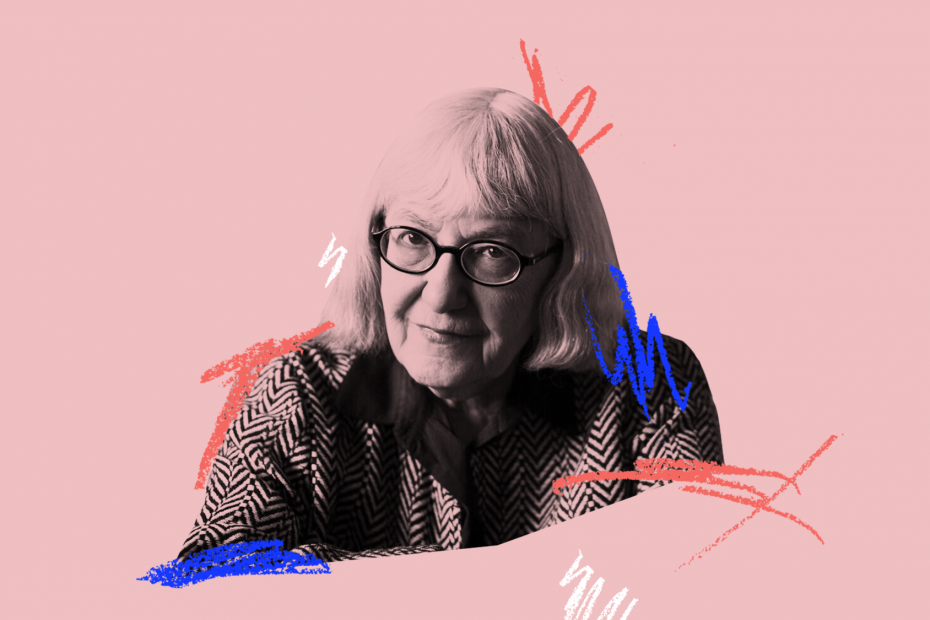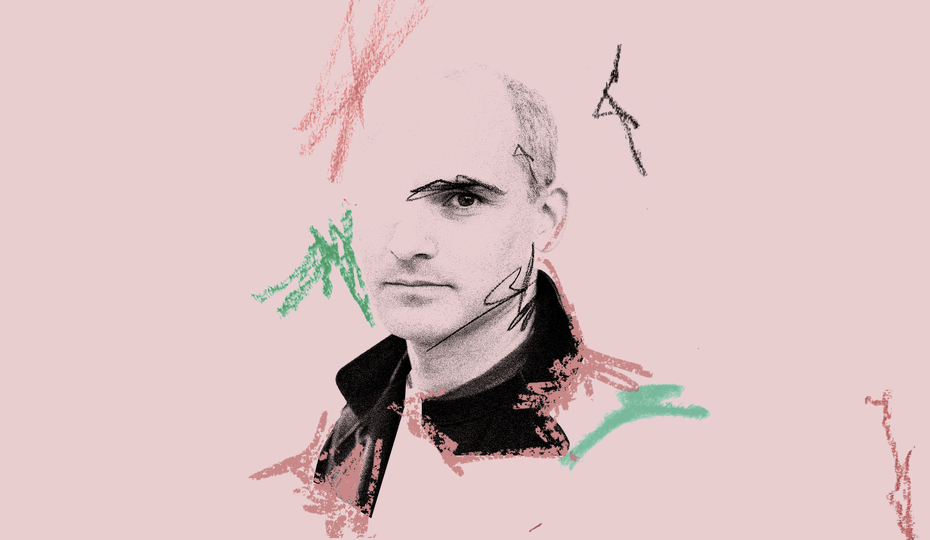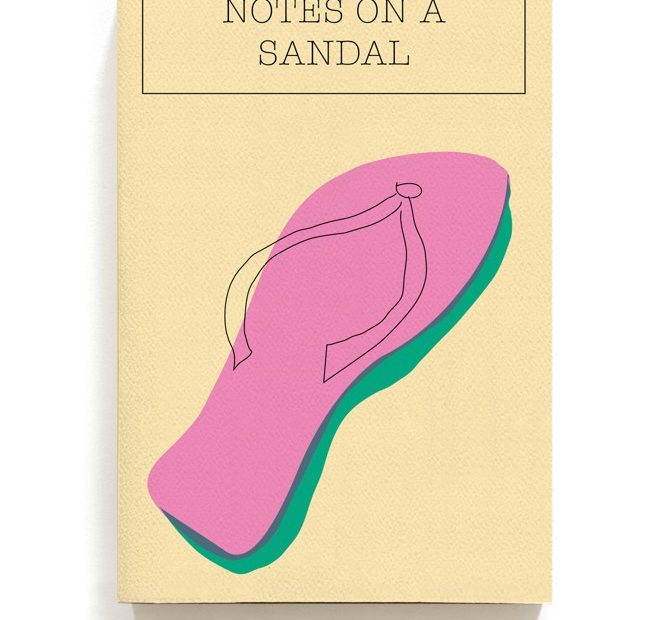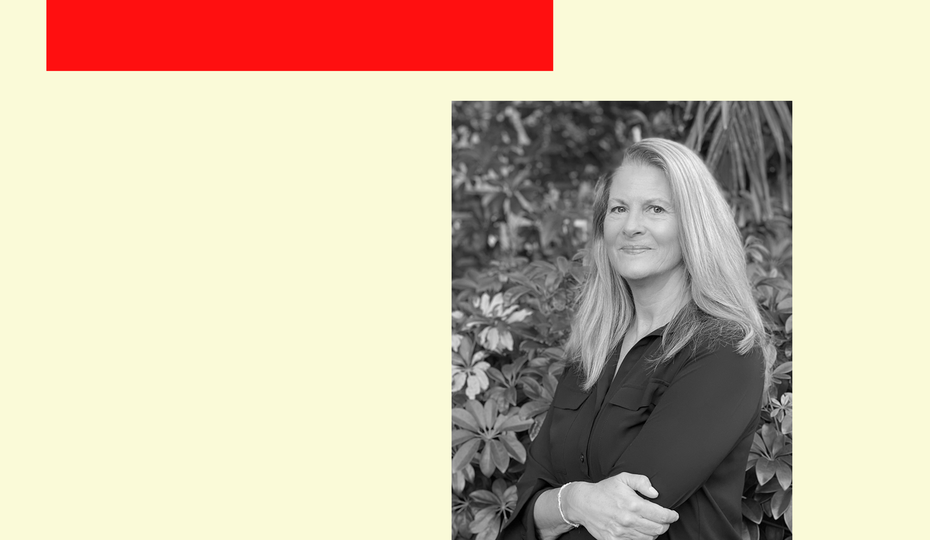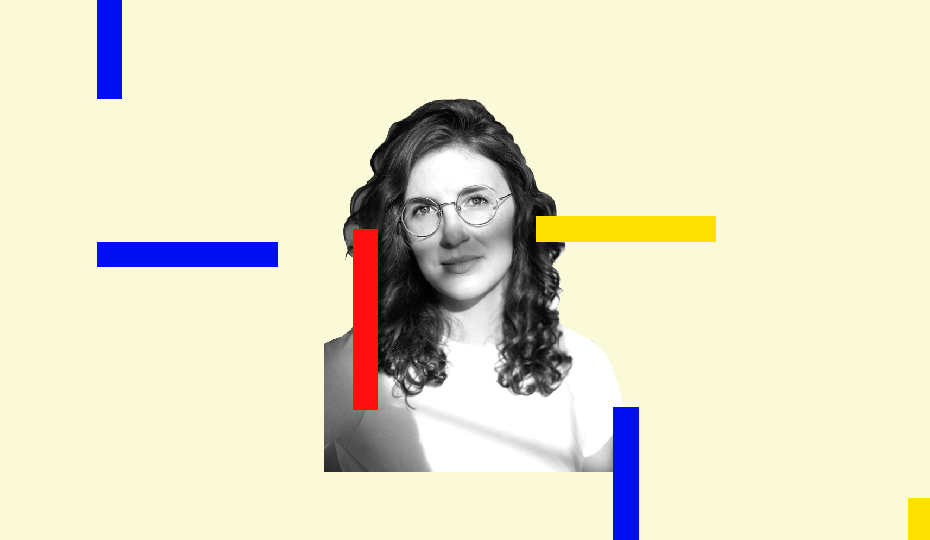Cynthia Ozick on the Link Between Beauty and Purity
Editor’s Note: Read Cynthia Ozick’s new short story “Late-Night-Radio Talk-Show Host Tells All.” “Late-Night-Radio Talk-Show Host Tells All” is a new story by Cynthia Ozick. To mark the story’s publication, Ozick and Oliver Munday, the associate creative director of the magazine, discussed the story over email. Their conversation has been lightly edited for clarity.

